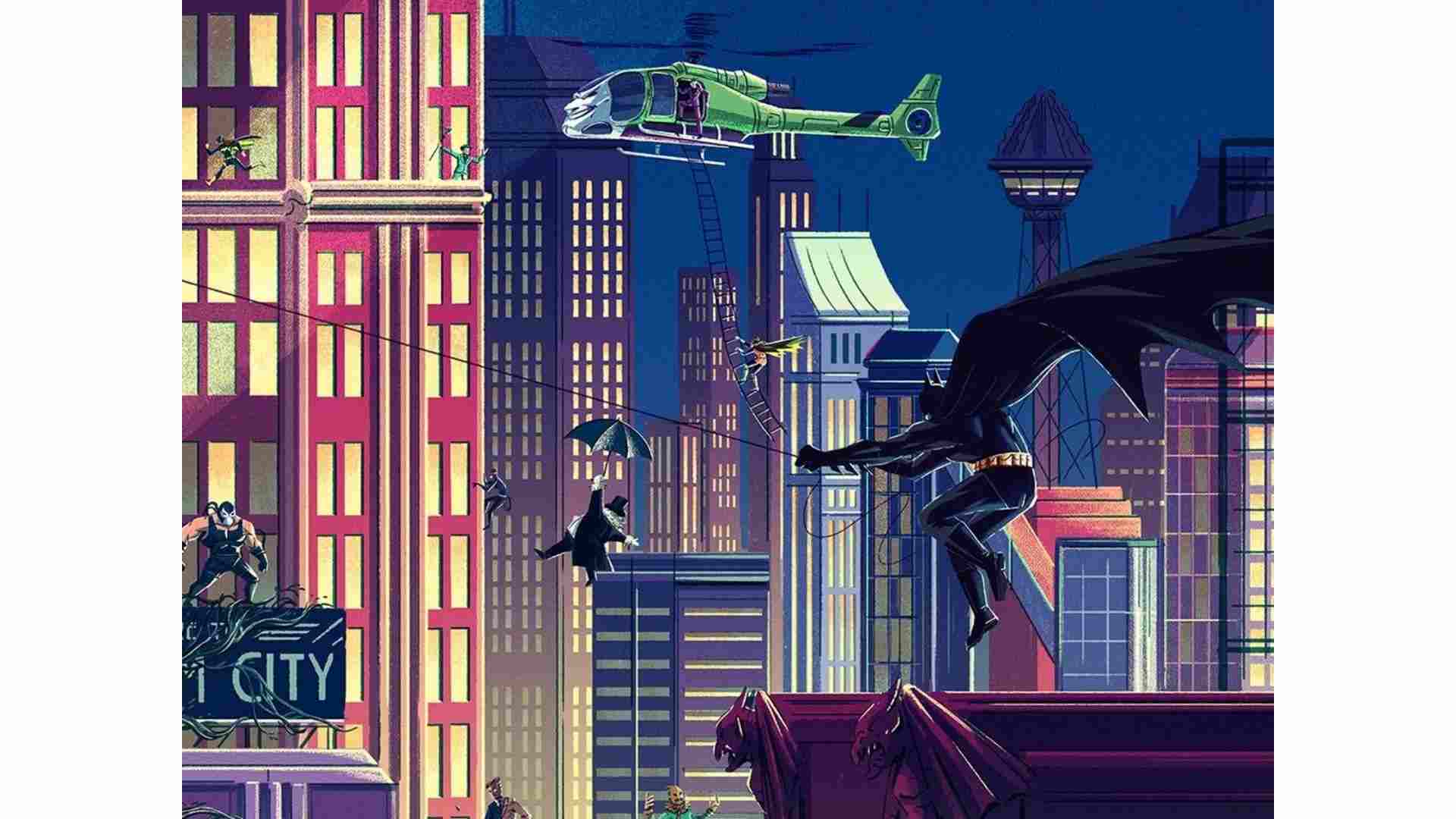More About Comic Book Writing Guide - Big Red Hair


Fusco Brothers - Definition Comics And Cartoons - The Cartoonist Group
The Greatest Guide To comics Definition, Synonyms and Examples - Brain Bank
The discipline increased quickly, with various books on the subject appearing in the 1990s. Formal theories of have actually concentrated on developing a "manga expression theory", with emphasis on spatial relationships in the structure of images on the page, distinguishing the medium from film or literature, in which the flow of time is the standard arranging element.
The publication of Frederik L. Schodt's in 1983 led to the spread of use of the word manga outside Japan to mean "Japanese comics" or "Japanese-style comics". Coulton Waugh attempted the initially extensive history of American comics with The Comics (1947 ). 男男漫画高h (1985) and Scott Mc, Cloud's (1993) were early efforts in English to formalize the research study of comics.

Prominent American attempts at meanings of comics include Eisner's, Mc, Cloud's, and Harvey's. Eisner explained what he called "sequential art" as "the arrangement of images or images and words to tell a story or dramatize a concept"; Scott Mc, Cloud specified comics as "juxtaposed pictorial and other images in intentional series, meant to convey details and/or to produce an aesthetic response in the viewer", a strictly official definition which detached comics from its historical and cultural features.

Closure and the role of the reader – Lit 328: Immigrants and Comics
Harvey defined comics as "pictorial narratives or expositions in which words (often lettered into the picture area within speech balloons) usually contribute to the significance of the pictures and vice versa". Each meaning has had its detractors. Harvey saw Mc, Cloud's definition as excluding single-panel animations, and objected to Mc, Cloud's de-emphasizing verbal aspects, insisting "the important attribute of comics is the incorporation of verbal content".
